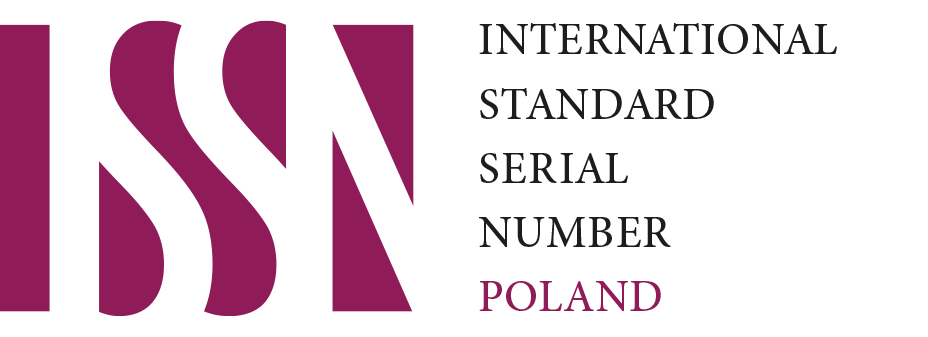SCIENTIFIC AND THEORETICAL FOUNDATIONS OF THE ORGANIZATION OF CONTINUOUS INCLUSIVE EDUCATION
Keywords:
Continuous inclusive education, accessibility, pedagogical theories, educational reforms, inclusive educational environment.Abstract
This article highlights the analysis of the scientific and theoretical foundations of inclusive education. It emphasizes the continuity of this type of education, advocating for the introduction of an inclusive approach at every stage as a central theme. The study shows that core principles, pedagogical models, and psychological approaches are essential for the effective organization of inclusive education. These principles are examined in the context of global experiences in inclusive education, as well as the ongoing reforms and projects in Uzbekistan. In particular, the measures being taken to improve the legal framework, adapt educational programs, and train teachers play a significant role. The research results include important recommendations for the development of inclusive education. It is shown that to successfully implement this process, continuous reforms in the education system, the introduction of new technologies, and the wider application of inclusive methods in practice are necessary. The study not only outlines theoretical foundations but also demonstrates how they can be applied in real educational environments. Analyses conducted in the context of Uzbekistan indicate the need to harmonize this process with national specificities.






